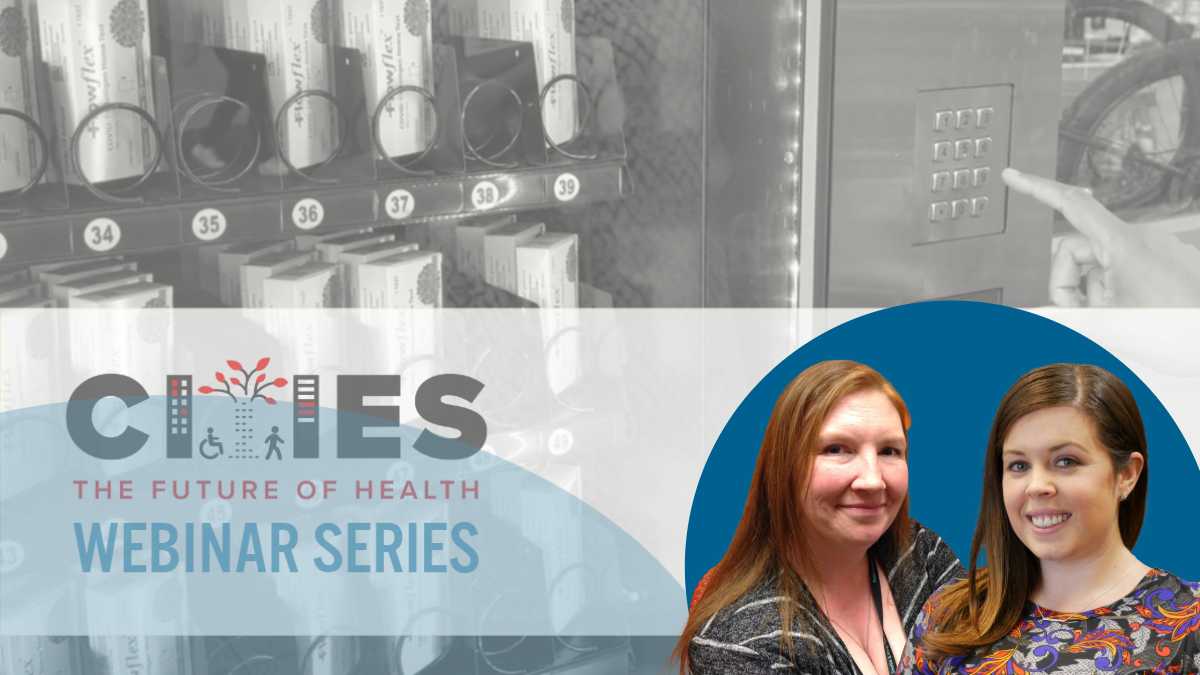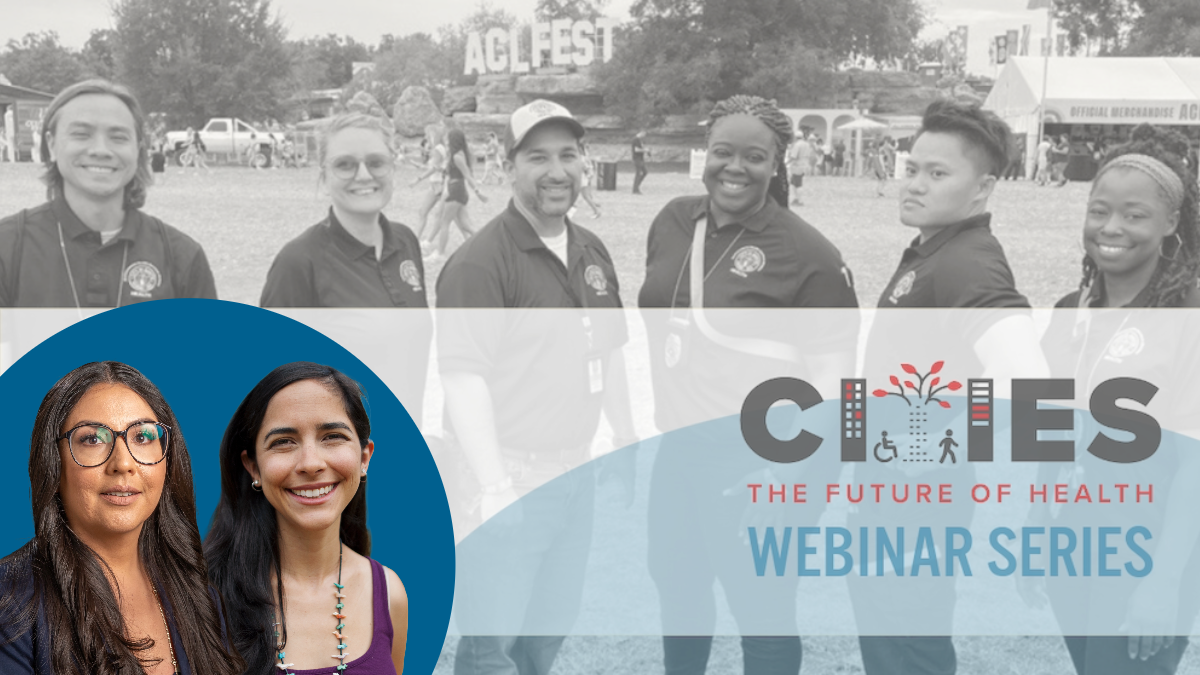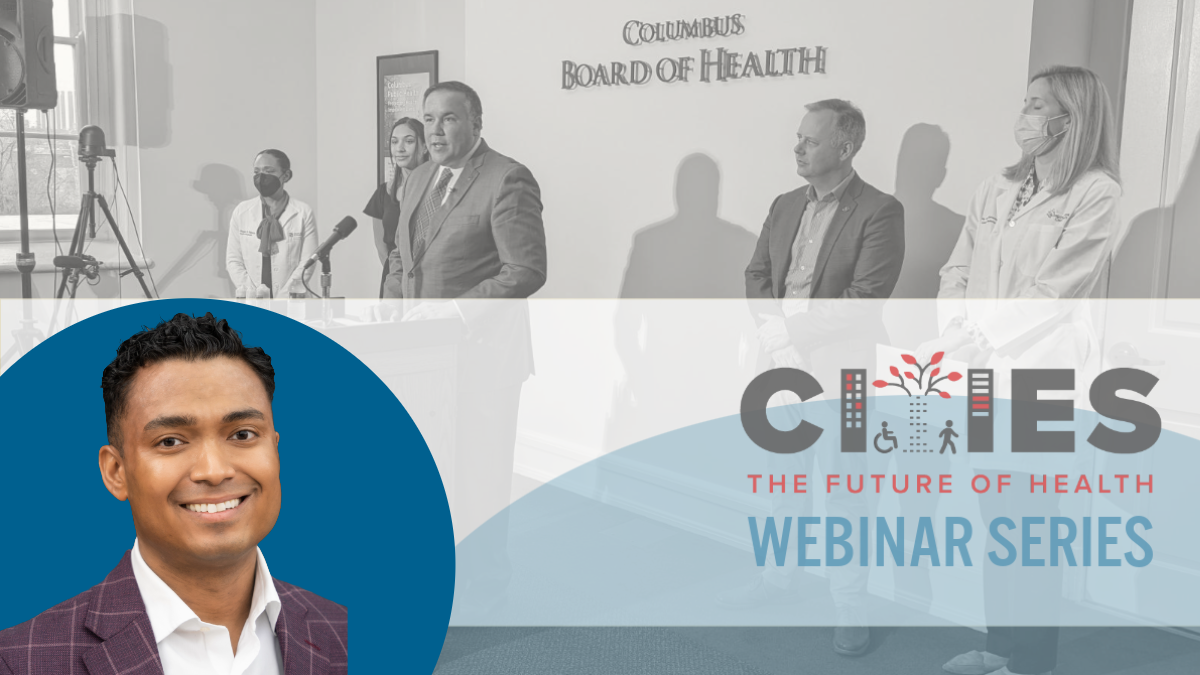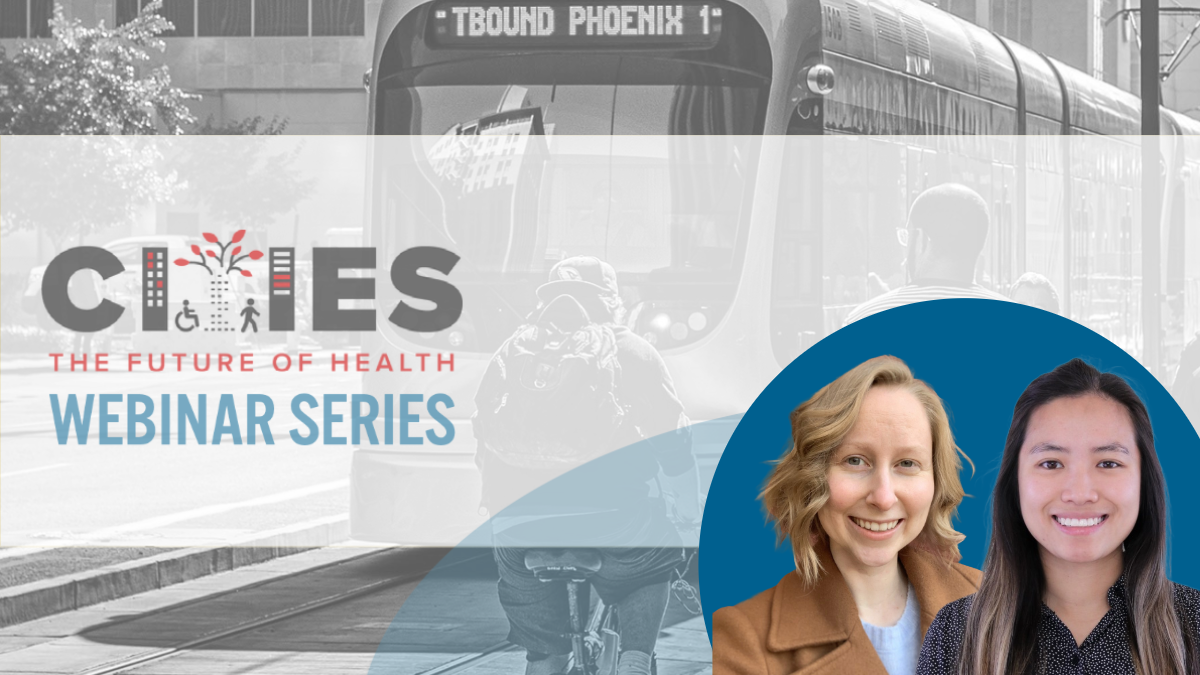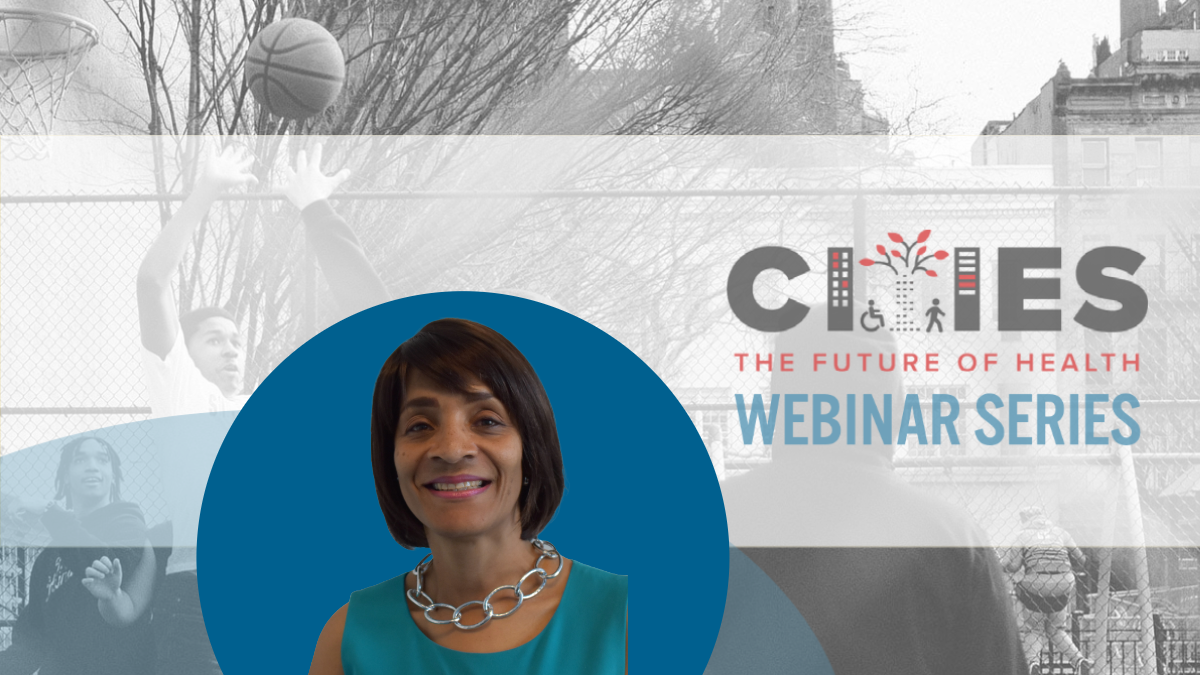Coalition News
Webinar series returns with more inspiration for advancing public health
August 2023
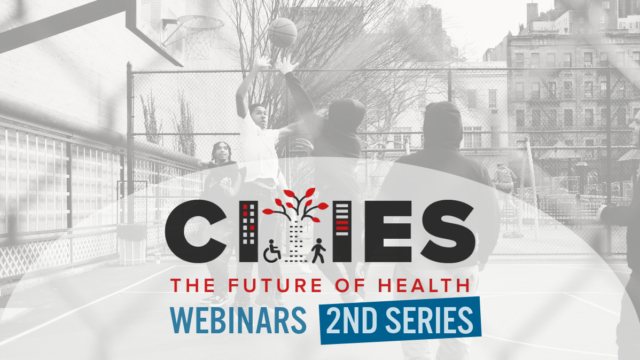
Big city health departments share solutions that work.
Achieving healthier, more equitable communities involves more than health care and more than “traditional” public health practice. Protecting and promoting the public’s health requires safe, affordable housing; living wages; streets free of violence, where kids and their families can congregate; quality education and a livable wage; access to public transportation, bike paths, and more.
This webinar series explores the Urban Health Agenda, a vision put forth by the Big Cities Health Coalition that centers health and equity in city policymaking. Get an introduction to the vision, then hear from big city health departments who are making this vision come to life.
Upcoming events
More webinars to come later in 2024! Click the banner below to subscribe to our newsletter and be the first to learn about upcoming events.
Past events
Implementing harm reduction through vending machines | April 9, 2024
What are the benefits, challenges, and process of installing vending machines to distribute free harm reduction materials such as naloxone, fentanyl test strips, sexual health kits, and more in our communities? Hear from two frontrunners on this issue: Jessica Johnson, MPH, CHES, CPS, Health Education Supervisor at Southern Nevada Health District, and Thea Oliphant-Wells, MSW, Harm Reduction & Fentanyl Testing Program Manager at Public Health–Seattle & King County. They are joined by Chrissie Juliano, Executive Director of BCHC, who discusses the critical role that public health departments play in framing the narrative about substance use.
Putting racism-as-a-public-health-crisis declarations into practice | Oct. 10, 2023
In 2020, many cities declared racism a public health crisis. This webinar focuses on Austin Public Health’s work to undo “the systemic racism and institutional inequity abetted for far too long and pervasive in all systems.” Sandra Castillo, Equity & Inclusion Coordinator, and Natalie Goodnow, Senior Training Specialist, both at Austin Public Health, lead the discussion. They are joined by Chrissie Juliano, Executive Director of BCHC, who emphasizes the importance of prioritizing racial equity in public health policy and practice.
Passing local flavored tobacco restrictions | Sept. 12, 2023
Edward Johnson, MA, Assistant Health Commissioner for External Affairs, Columbus Public Health, explains how their city passed flavored tobacco restrictions in a politically diverse state and offers advice to others seeking to institute such policies. He is joined by Chrissie Juliano, Executive Director of BCHC, who talks about the critical role that policy plays in protecting and promoting the public’s health.
Addressing social determinants of health | Feb. 7, 2023
Annie Daymude and Tiffany Tu, present Maricopa County Public Health’s innovative COVID-19 stories dashboard – what inspired it, what they learned, what the project reveals about how intertwined our health is with broader social determinants, and how the health department is using the feedback/stories they’ve received to shape future programs and services.
Collaborating with community-based organizations | Jan. 12, 2023
This webinar focuses on collaboration with community-based organizations as a key component of public health’s success and features a discussion with Charlene McGee and Mikayla Hill, both from the Racial and Ethnic Approaches to Community Health (REACH) program at the Multnomah County Health Department, which serves Portland, OR, and the surrounding area. McGee and Hill walk through the health department’s collaboration with Black farmers to address nutrition-related disease prevention, while improving food access and affordability.
